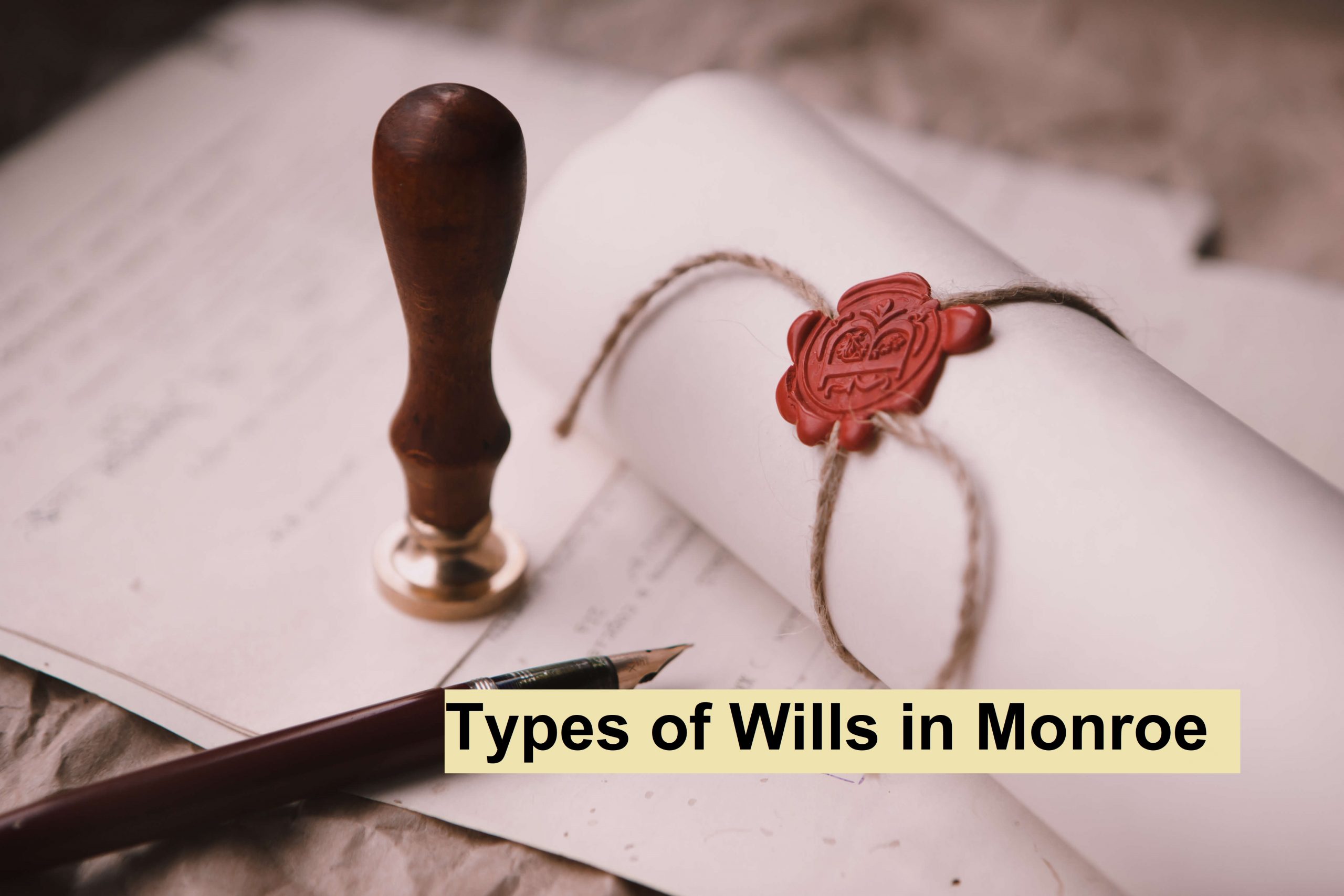
Several types of wills can be created in the United States, each with its unique features and purpose. It is essential to understand the differences between these types of wills with the help of a will planning attorney in Monroe to determine which is the most appropriate for your needs.
- A simple will
This is the most basic type of will, and it is suitable for individuals who have relatively simple estates and do not have a lot of assets. A simple will typically includes provisions for the distribution of your property and assets after your death and the appointment of a guardian for any minor children.
- A testamentary trust will
This type of will allows you to create trust within the will, which can be used to manage and distribute your assets after your death. This can be useful for individuals who want to provide for a disabled family member or those who want to establish a trust to support a charity.
- A living will
A living will, also known as an advance healthcare directive, is a document that outlines your wishes for end-of-life medical care if you become incapacitated and unable to make these decisions yourself. This can include things like whether or not you want to be placed on life support and any other medical treatments you do or do not want to receive.
- A pour-over will
It is used in conjunction with a trust and is designed to transfer any assets not already in the trust at the time of your death into the trust. This can be useful for individuals who want to ensure that all of their assets are eventually distributed according to the terms of their trust.
- A holographic will:
A holographic will is a will written entirely in the handwriting of the person creating the will (also known as the testator). This type of will does not require witnesses or notarization, making it an attractive option for individuals who need to create a will quickly. However, holographic wills are not recognized in all states and can be more difficult to probate, so it is essential to check the laws in your state before creating one.
- A joint will
A joint will is created by two people, usually a married couple, and outlines the distribution of their assets after both parties have passed away. This can be a convenient option for couples who want to ensure that their assets are distributed according to their joint wishes.
- A mutual will
A mutual will is similar to a joint will, but it is typically used by more than two people and includes a binding agreement that the terms of the will cannot be changed without the consent of all parties involved.


